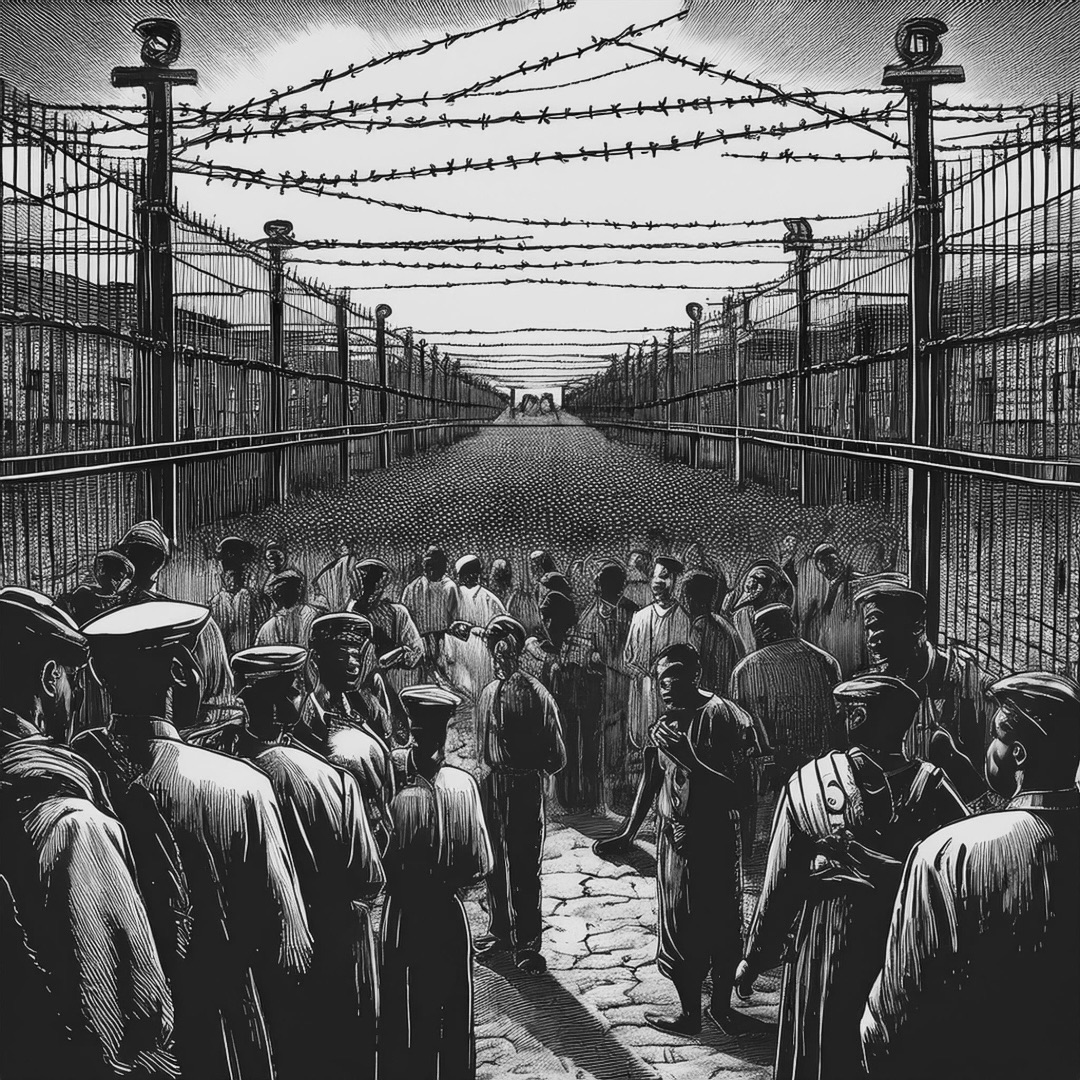Montgomery, Ala. – Alabama’s parole system is facing mounting criticism for its historically low parole approval rates, which many argue are worsening the state’s overcrowded and inhumane prison conditions. The Alabama Board of Pardons and Paroles granted parole in only 8% of cases in 2023, a sharp decline from over 50% just five years ago. Critics say this restrictive approach is contributing to a growing crisis in the state’s already overburdened prison system.
The state’s prisons are operating at almost double their intended capacity, with over 20,000 inmates confined to facilities designed for about 12,000. Many of those incarcerated are serving time for non-violent or minor offenses, and advocates argue that they could be safely released under parole. However, the board’s low parole approval rate has left thousands of inmates languishing in overcrowded, dangerous conditions.
Prisons in Alabama have reached a point of cruel and inhumane conditions. The parole board’s refusal to grant release to more inmates, even those deemed low-risk, is only adding to this human rights crisis.
The situation has drawn the attention of lawmakers and federal authorities. The U.S. Department of Justice has already filed multiple lawsuits against the state, citing prison conditions as a violation of constitutional rights. Overcrowding, violence, lack of medical care, and unsanitary conditions are common complaints from both inmates and outside observers.
Parole Board Chair Leigh Gwathney, who has overseen the board since 2019, has been a central figure in the growing controversy. Under her tenure, parole approvals have fallen dramatically, with Gwathney voting to deny parole in 98% of the cases she reviewed in June and July 2023 . Critics accuse the board of failing to follow its own guidelines, which suggest parole should be granted in over 80% of cases .
State lawmakers and advocacy groups are calling for immediate reforms to the parole system to alleviate the crisis. People are being kept in inhumane conditions for minor offenses. The state has a moral and legal obligation to address this crisis now.
With Alabama’s prisons under federal scrutiny and advocates pressing for change, the debate over parole approvals is set to become a key issue in the state’s ongoing criminal justice reform efforts.

